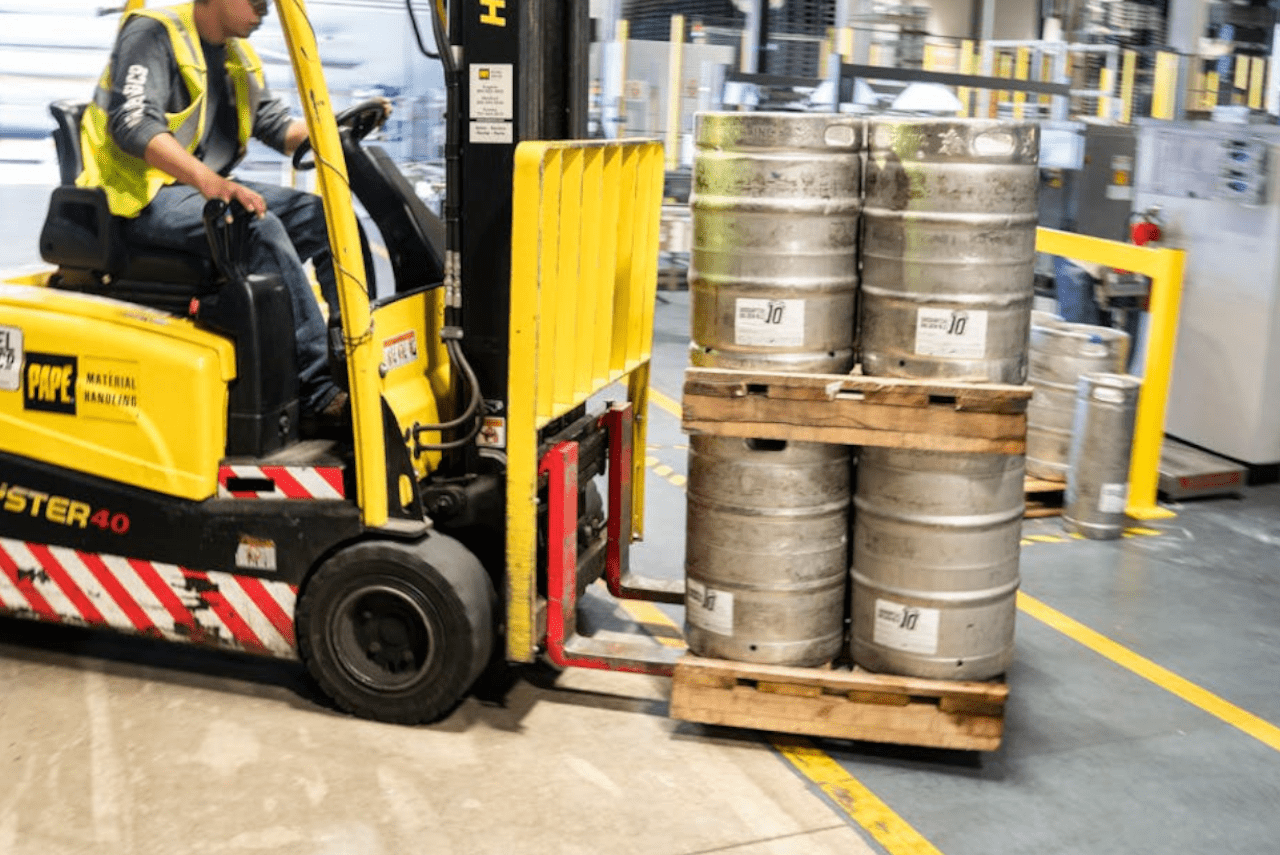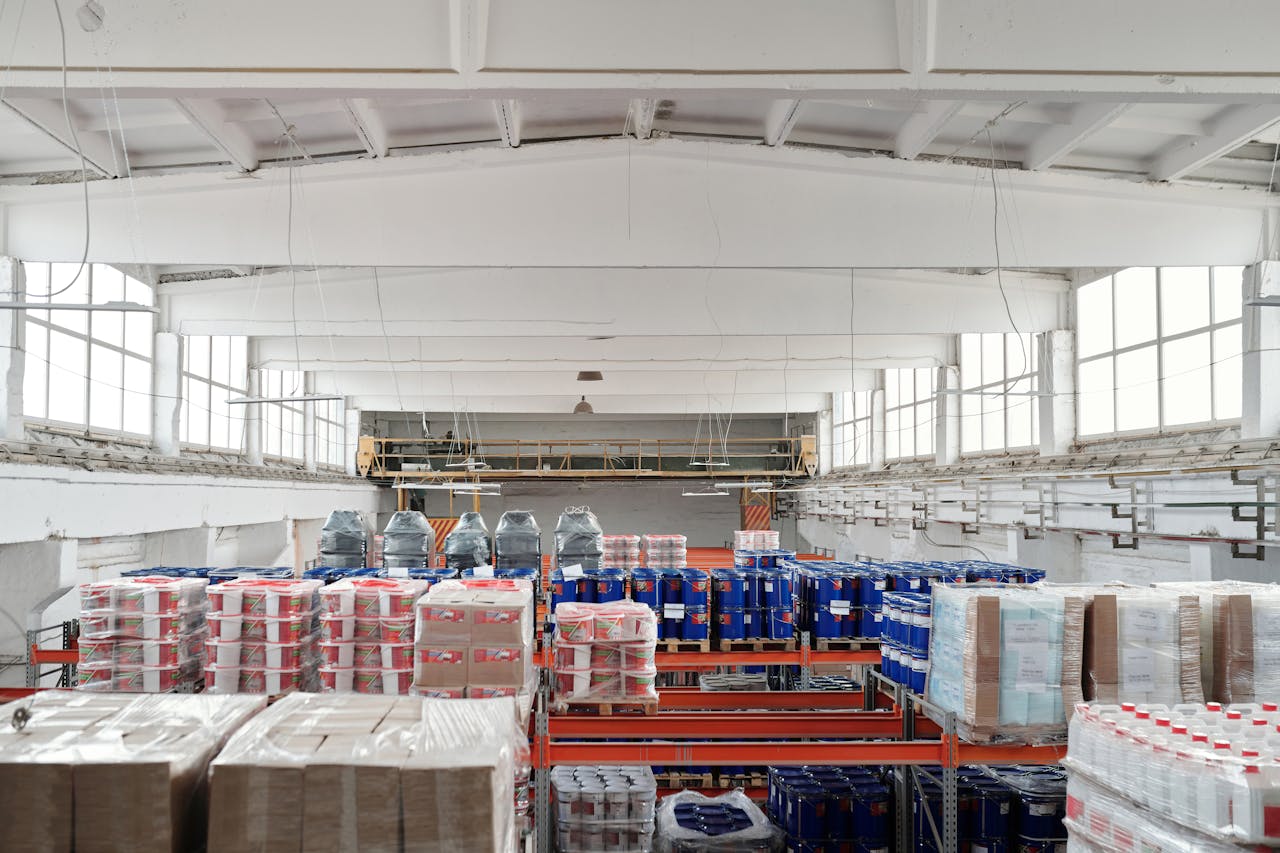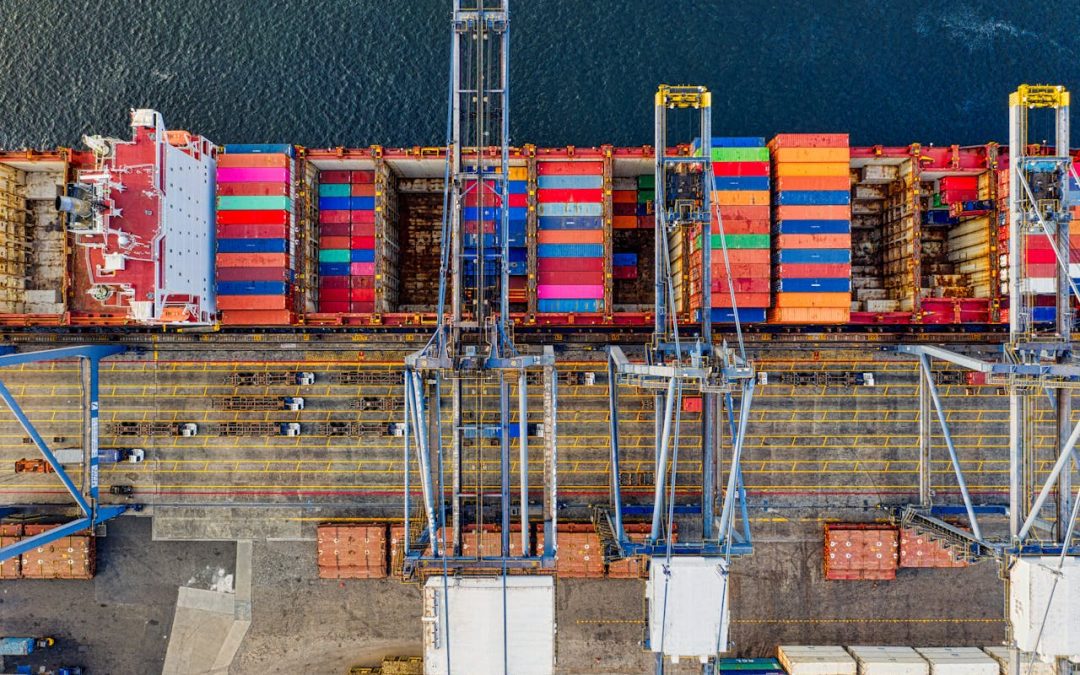It’s important to partner with a freight forwarder who cares about your cargo as much as you do.
But how do you go about finding one?
Freight forwarders range from huge global enterprises to small companies that specialise in specific types of cargo. And when most forwarders’ websites promise the same thing, who do you go for?
Here’s our guide to choosing the right forwarder to help your business make an informed decision.
The Role of a Freight Forwarder
A freight forwarder can be a company or an individual. Forwarders facilitate international cargo movement on behalf of shippers or exporters and importers by managing all of the complicated elements that go into a successful shipment.
They don’t physically move the goods themselves but arrange and manage the transportation of goods through a complex combination of different services.
The services freight forwarders provide include:
- Booking cargo space
- Preparing documentation
- Handling customs clearance
- Arranging cargo insurance
- Tracking shipments
- Advising clients on cost-effective logistics solutions
- Optimising the supply chain
- Arranging delivery
- Ensuring clients remain compliant
- Help with warehousing and packaging.
Some forwarders specialise in particular freight modes, such as air freight, rail freight, ocean freight or road freight. Overall, freight forwarders play a critical role in shipping goods domestically and internationally.

Expertise
Your chosen freight forwarder must understand the ins and outs of your type of cargo. Different rules and regulations apply to different commodities.
Importing hazardous goods? Exporting livestock? Moving perishables? You’ll need to know about different pieces of legislation, the customs rules of the countries your goods are travelling through and the documentation, certification or licensing you’ll need to successfully ship your cargo.
Moving goods around the world is complicated. Freight forwarders can handle the whole process of getting your cargo from A to B so that you don’t have to, but they must have a good handle on your specific type of goods to ensure they can manage any issues that arise and prevent delays.
Service Offered
As we’ve mentioned above, freight forwarders cover many different areas of shipping and logistics, acting as an intermediary between all of the parties involved in the process.
Choosing the right freight forwarder means ensuring they offer the specific services you require.
There’s no use choosing a forwarder for your fragile, valuable goods that you want to ship via air freight only to find that the forwarder doesn’t cover air freight at all!
Express Shipping
Does the nature of your business mean you often need to move goods fast and at the last minute? Express freight is a reliable and fast shipping option that is ideal for time-sensitive deliveries. It tends to be a more expensive method of getting goods to their destination, but it’s critical for many businesses.
Split Shipments
Some businesses choose to split shipments or divide orders into separate shipments, for a variety of reasons, including improving inventory management, meeting shipping constraints, managing product availability and meeting customer demand.
This can add another layer of complexity and scheduling to what is already a multifaceted logistical process, so make sure your forwarder knows what they’re doing before choosing them.
Customs Brokerage
Some freight forwarders also provide customs-specific services. Customs brokerage covers things like handling documentation and tariff classifications, facilitating communication with officials, providing advice on trade procedures, ensuring compliance with HMRC and the governmental departments of other countries and helping shippers get the best rates.
Tracking
Tracking enables shippers to keep an eye on the progress of their shipments. By using tracking systems like GPS, freight forwarders can keep clients up to date with real-time information regarding the location and status of their cargo.
Using tracking services, all parties can manage the supply chain accordingly and adapt to any problems that may arise.
Warehousing
Many freight forwarders offer warehousing services, but not all do. Warehousing is a key part of the process for businesses that import, export, and distribute goods, so it’s pretty important to check before committing!
Some forwarders use their own warehouses, while others partner with external providers to offer the service to their clients. Warehousing services offered by forwarders can include:
- Storage
- Inventory management
- Preparing shipments
- Distribution.
You can also check with your freight forwarder if they provide additional services that can be helpful, such as guidance on route optimisation, cargo insurance, warehousing and door-to-door delivery.

Geographical Coverage
Does the freight forwarder you’re considering have a network that covers the country you are shipping to or from?
This is a crucial part of getting your goods to where they need to be. Regulations differ around the world, and choosing local forwarders means that experts with key knowledge can handle your shipment
This is where expertise and experience come into play. If you regularly ship from India, for example, then finding a freight forwarder who deals with this route daily will give you more assurance that they understand how to optimise the process.
Assurance
Speaking of assurances, there are some other ways you can review and select your freight forwarding partner to make sure you’re a good fit for each other.
Certification
Is your freight forwarder a member of BIFA? The British International Freight Association, or BIFA, is the number one trade association representing UK freight forwarders.
Reviews And Case Studies
Making sure you’re opting for a reputable freight forwarder is important.
Look for positive reviews from other clients and request case studies from the forwarder if necessary. Ask around in your own network for feedback from others who have experience using the forwarder. See what sort of impression the forwarder makes with you in your initial conversations.
Do you feel confident that they will be able to meet your business needs and look after your cargo, addressing any problems that arise with expertise?
Pricing And Transparency
Clear and transparent quotes mean you can budget and plan effectively. You want to work with a freight forwarder who is clear about all cost details upfront; there’s nothing worse than unexpected charges later down the line.
It’s also important that obtaining a quote is simple. No one has time to sit around and wait for days for a response when decisions need to be made, like yesterday.
When you’ve got your hands on a quote, go through it with a fine tooth comb. Does the quote cover everything you’re after? Is anything missing? It’s good practice to get quotes from three forwarders to see how they compare.
Communication And Customer Service
Communication is a huge deal in freight. There are so many factors that go into shipping that there are plenty of ways that communication can become unclear, and this can lead to delays and frustration.
To make sure everything is smooth sailing, choose a forwarder who is responsive, reliable and happy to help you understand the process. Insight and guidance will help you with future shipments, and questions should be welcomed by reputable forwarders.
Friendliness helps, too. There’s a lot to be said for customer experience. You want to feel a positive rapport with your forwarder, especially if you’re going to be shipping regularly.
Read more about effective communication with your freight forwarder in this blog.
Does Your Freight Forwarder Fit The Bill?
We’ve covered the key things to look for in a freight forwarder. Use the information above to find a freight forwarder that meets your needs for complete peace of mind that your cargo is in safe, reliable hands.
Looking for a forwarder that you can depend on? After reliability, great rates and a friendly ear? Get in touch with Millennium today.

